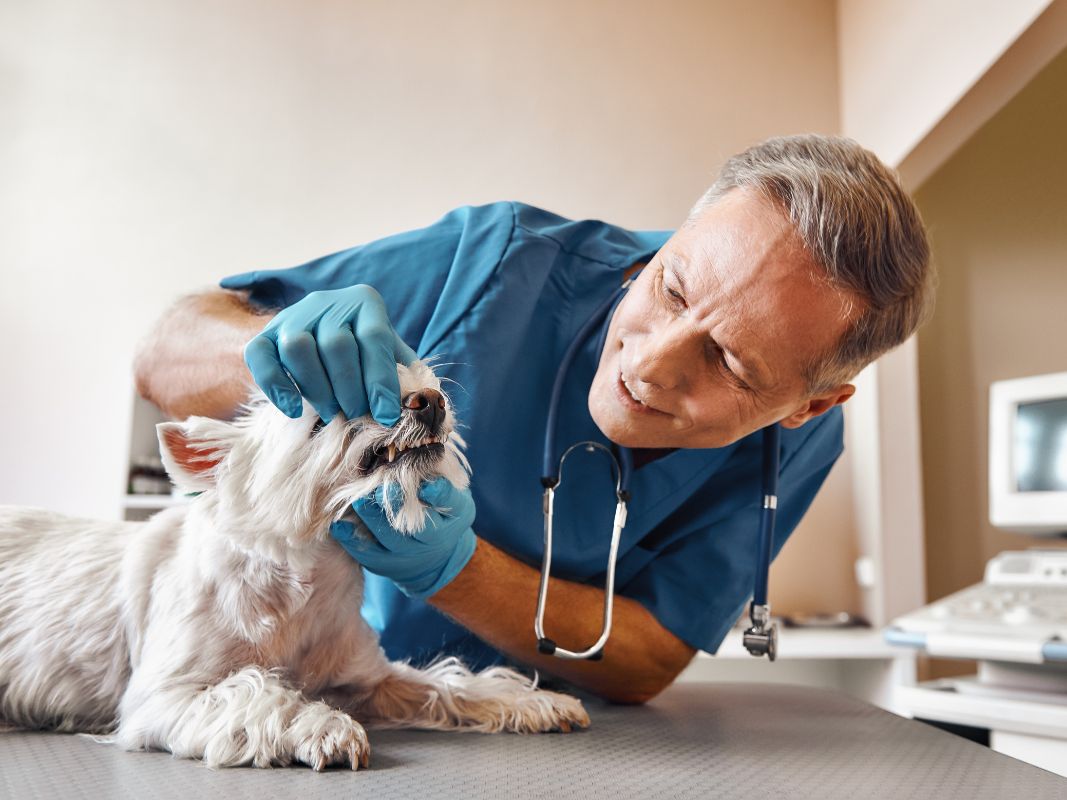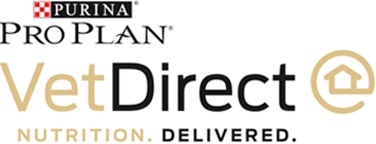|
Anyone who has ever undergone a dental procedure knows that it’s hard to return to “business as usual” after the procedure is done. We tend to be groggy from the anesthetic, and eating food proves to be a challenge. The same is true of our pets. And as their owners, it’s our job to ensure they receive the care they need to recover. Our guide for caring for your pet after a dental procedure will help you get started. Reduce ActivityAfter any procedure, dental or otherwise, your pet will likely be lethargic and have a limited appetite, so it’s good to prepare a place beforehand where your animal can get the rest it needs. If you have other pets in the home, you will want to ensure that this place is inaccessible to the other animals, and if you have small children, you will need to explain that your pet won’t be able to play. Even after your pet returns to its usual energy, you will still want to minimize strenuous activity for at least a week. For walkable animals, this may mean staying indoors except for toileting. For other animals, it may mean wearing an Elizabethan collar. Adjust Their DietAs your pet regains its appetite, you will want to hold off on hard, crunchy foods and treats to avoid exasperating the wound or hurting your pet. Soft foods are recommended. If your veterinarian prescribed a chewy dental treat, follow their instructions before feeding it to your pet. In many cases, you may not begin giving these treats for at least a week. Keep on Top of MedicationsAfter oral surgery, your vet may prescribe medications, such as antibiotics or pain killers. Giving these to your pets as prescribed is crucial for a full recovery, but administering them can be challenging, especially if your pet is in pain. Instead of forcing a pill into the animal’s mouth, the best option is to hide the medication in soft food. A few food options that work well for this include:
Many of these options work well for hiding liquid medications as well, though these can also be administered directly into the animal’s mouth with limited pain. Remember Dental CareAs with other activities, you may need to wait until your pet’s mouth has healed before returning to regular dental care. But once your animal is pain-free, you will want to set up a dental routine with your animal if you don’t have one already. This includes brushing your animal’s teeth once a week and going to the dentist at least once or twice a year. If you’re looking for a veterinary dental specialist that you can trust, call the Animal Center of the Antelope Valley. We provide excellent dental care and expert advice on how to help your pet recover after its dental procedure.
2 Comments
10/18/2022 12:34:58 am
I’ve been having trouble coming up with many questions about this topic. I’ll stick with you!
Reply
1/17/2024 04:22:05 am
It's interesting when you said that a proper dental routine could help with clean oral health. A few days ago, my cousin informed me she wanted her pet to have a dental cleaning to remove oral bacteria. She asked if I had thoughts on the best dental care approach. I'm thankful for this helpful pet dental care guide article for the best planning approach. I'll tell her that it will be much better if she consults a trusted veterinarian as they can provide details about the cleaning approach.
Reply
Leave a Reply. |
AuthorAntelope Valley Medical Center Team archives
June 2024
Categories |


 RSS Feed
RSS Feed
